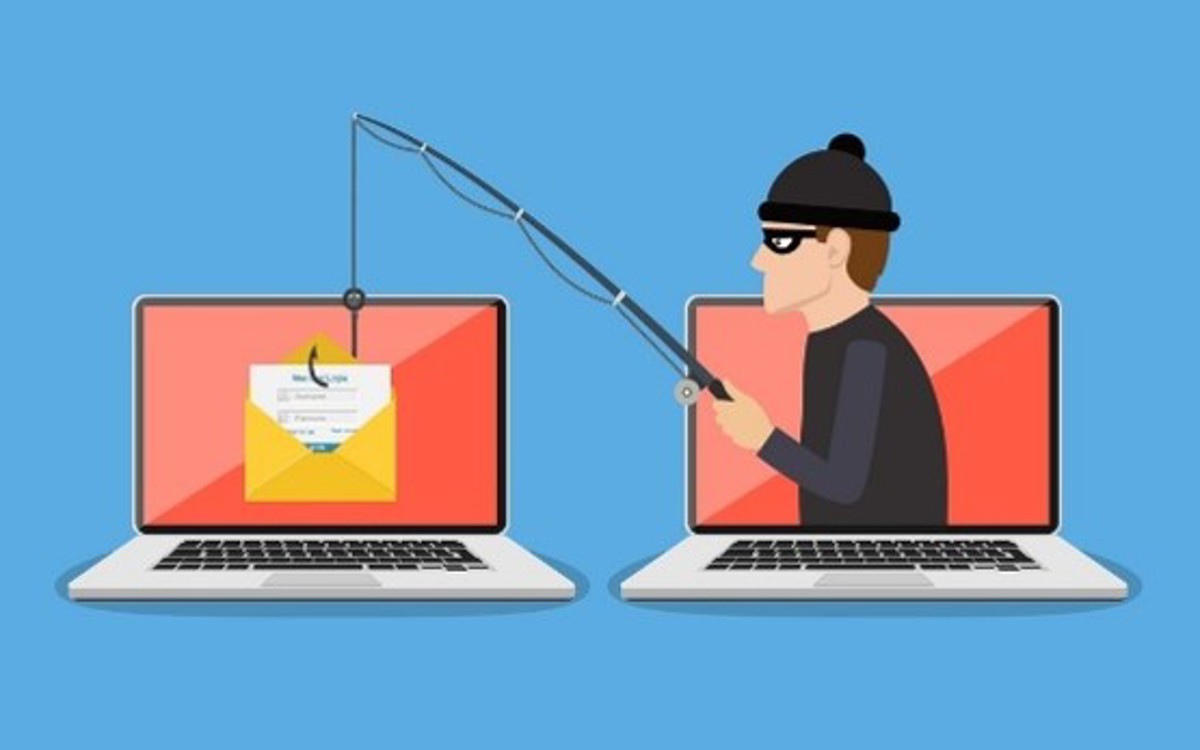Cyber-security – malicious spoofing and phishing
- Safety Flash
- Published on 2 December 2021
- Generated on 24 February 2026
- IMCA SF 33/21
- 2 minute read
Jump to:
The United States Coast Guard (USCG) has released very timely Marine Safety Information Bulletin (MSIB) 19-20 relating to malicious email spoofing incidents.
The USCG notes that there are increasingly sophisticated malicious email spoofing techniques being used.
The bulletin is timely because IMCA has recently received a report from one of its members relating to cyber security awareness. In this incident, personnel received messages claiming to be from senior management.
Management will not be asking for action on matters like flight tickets, hotels, urgent payments for contracts, etc. via SMS, social media, or personal email addresses.
These requests will always be done via official channels.

(Image courtesy of https://www.mailguard.com.au)
Actions
Suggestions for dealing with potential phishing SMS, phone calls and other messages:
- Never feel pressured into clicking a link in a message or taking any other action.
- Take a minute to check if you were expecting this phone call or message.
- Check for any spelling/grammar errors in the text or unusual senders (e.g. check the country code of the phone number).
- If in doubt, REPORT messages/phone calls/phishing emails to your company IT department and BLOCK the number.
Members may wish to refer to:
- UK National Cyber Security Centre – Phishing: Spot and report scam emails, texts, websites and calls (advice from other governments is available)
- IMCA Information note 1579 – Cyber Security Update
Related Safety Flashes
-
IMCA SF 05/16
24 February 2016
IMCA Safety Flashes summarise key safety matters and incidents, allowing lessons to be more easily learnt for the benefit of the entire offshore industry.
The effectiveness of the IMCA Safety Flash system depends on the industry sharing information and so avoiding repeat incidents. Incidents are classified according to IOGP's Life Saving Rules.
All information is anonymised or sanitised, as appropriate, and warnings for graphic content included where possible.
IMCA makes every effort to ensure both the accuracy and reliability of the information shared, but is not be liable for any guidance and/or recommendation and/or statement herein contained.
The information contained in this document does not fulfil or replace any individual's or Member's legal, regulatory or other duties or obligations in respect of their operations. Individuals and Members remain solely responsible for the safe, lawful and proper conduct of their operations.
Share your safety incidents with IMCA online. Sign-up to receive Safety Flashes straight to your email.